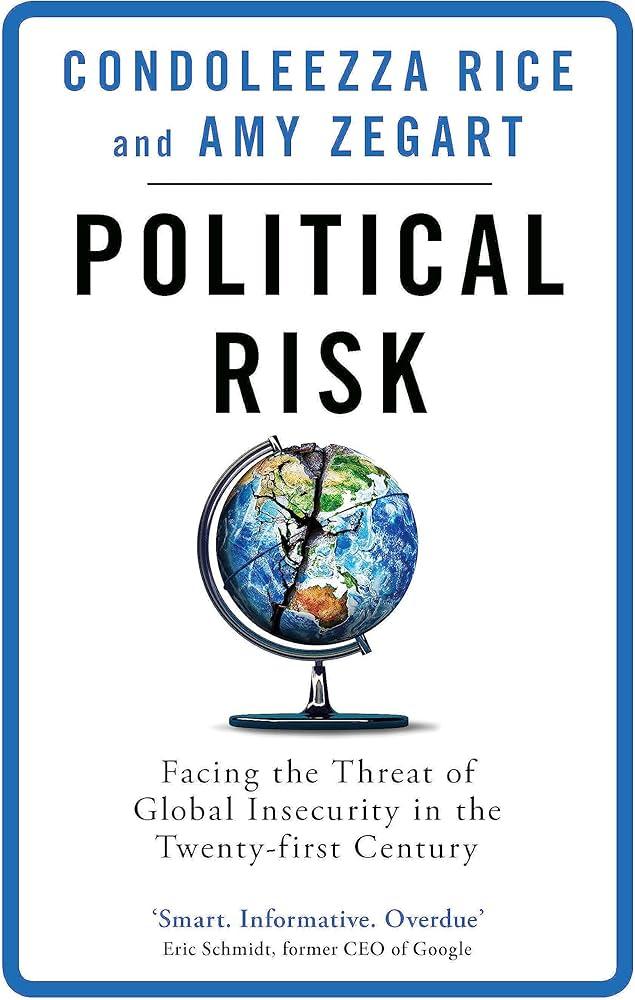The Dangers of Relying on ‘Common Sense’ in Politics
In political discussions, the term “common sense” frequently emerges as a persuasive device, suggesting a shared understanding that bridges ideological gaps. Yet, this seemingly straightforward notion conceals a labyrinth of implications that can hinder democratic participation and exacerbate societal rifts. As politicians and commentators wield this innocuous phrase to promote policies or dismiss opposing views, the essence of common sense becomes intertwined with the often ambiguous realm of ideology. This article delves into the risks associated with using “common sense” as a guiding principle, highlighting how its application can obscure vital debates, marginalize differing perspectives, and foster a polarized political environment that prioritizes conformity over substantive dialogue. In an age where consequences are more significant than ever before, grasping the impact of this pervasive concept is essential.
The Misconception of Common Sense in Political Discourse
The idea of ’common sense’ often presents itself as a logical basis for political arguments. However, what is frequently labeled as ‘common sense’ is inherently subjective and influenced by individual backgrounds and experiences. This dependence on such an idea can skew political conversations towards division rather than comprehension. Politicians and media outlets often exploit this misconception by crafting narratives that reduce intricate issues into easily digestible sound bites—often appealing more to emotions than rational thought. This trend raises significant concerns regarding the legitimacy of policies claimed to align with so-called common sense.
This manipulation has profound political ramifications; public discussions become cluttered with oversimplifications and false dichotomies. When ‘common sense’ eclipses critical evaluation, it fosters an atmosphere where essential conversations are suppressed. The repercussions of accepting this fallacy are substantial; consider the following table contrasting policies viewed through the lens of common sense against their actual effectiveness:
| Policy | Common Sense Viewpoint | Reality Check | |||||||||||
|---|---|---|---|---|---|---|---|---|---|---|---|---|---|
| Universal Basic Income | Promotes idleness | Enhances economic stability | |||||||||||
| Gun Control Laws | Infringes on personal freedoms | Lowers gun-related violence rates | |||||||||||
| Climate Initiatives | Cost-prohibitive measures | Saves money in the long run. td >
| Issue | C omplexity Level | K ey Factors | |||
|---|---|---|---|---|---|
| C limate Change | < | C arbon emissions policy regulations economic impacts | |||
| d medium | |||||
